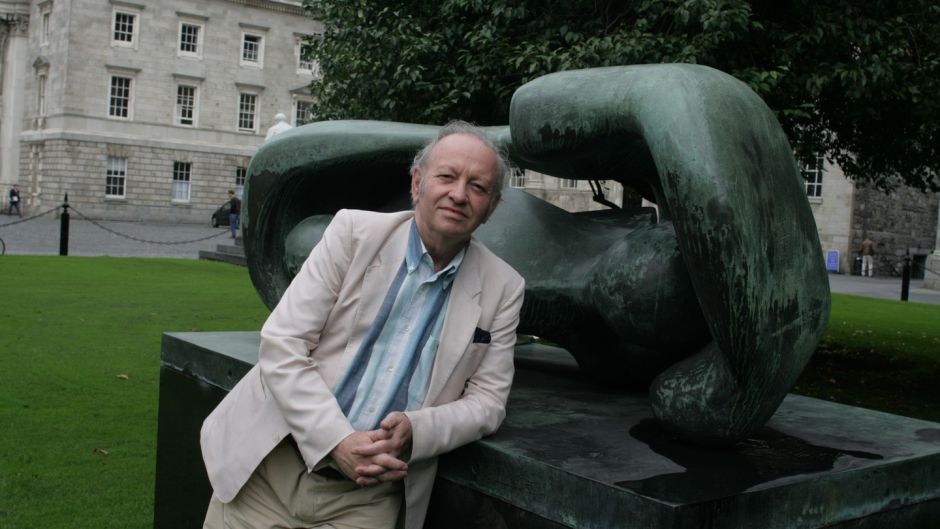
Trinity alumnus Derek Mahon has died, aged 78, following a brief illness. Born in 1941, the Belfast native moved to Dublin during his student years and, soon after, emerged as a major figure in contemporary Irish poetry during the 1960s and 1970s. After concluding his studies in philosophy, English, and French at Trinity, Mahon spent a year studying at the Sorbonne in Paris. He would later flit between various cities in the United States, Canada and England, before eventually settling in Kinsale, County Cork.
During his time at Trinity, Mahon edited the literary and arts magazine Icarus, where he made his first appearance in print. Mahon interrupted his studies with spells abroad in Paris and London. While perhaps venturing too far from course texts and prescribed reading lists, Mahon read widely, with Louis MacNeice, W.H. Auden and Samuel Beckett proving particularly strong influences. Despite an intermittent commitment to his undergraduate studies, Mahon would later return to Trinity as the college’s first ever Writer Fellow in 1986 and was awarded an honorary doctorate by the university in 1995.
In 1968, Mahon published his first poetry collection, Night-Crossing, to a positive critical reception. He would go on to produce a substantial body of acclaimed poetry and win a plethora of awards and critical plaudits throughout his lifetime. Many students will be familiar with his work from secondary school – his poems being a staple part of the leaving certificate syllabus.
Mahon continued to write until his death, and has left us with the recent memory of his recitation of his poem “Everything is Going to Be Alright” in March, at the end of an RTÉ news bulletin. The recitation offered a comforting counterbalance to the announcement of strict new measures against the coronavirus. His latest collection Washing Up is due to be released later this month by the Gallery Press.
Derek Mahon will no doubt be mourned across Ireland and the world. His death is a loss not only to his immediate family and friends, but also to the innumerable readers who have come to know him indirectly through his publications, from the 1960s right up until the present day. In these times, when we can all recognise the need for the solace of poetry, Mahon’s absence will be felt more strongly than ever.






